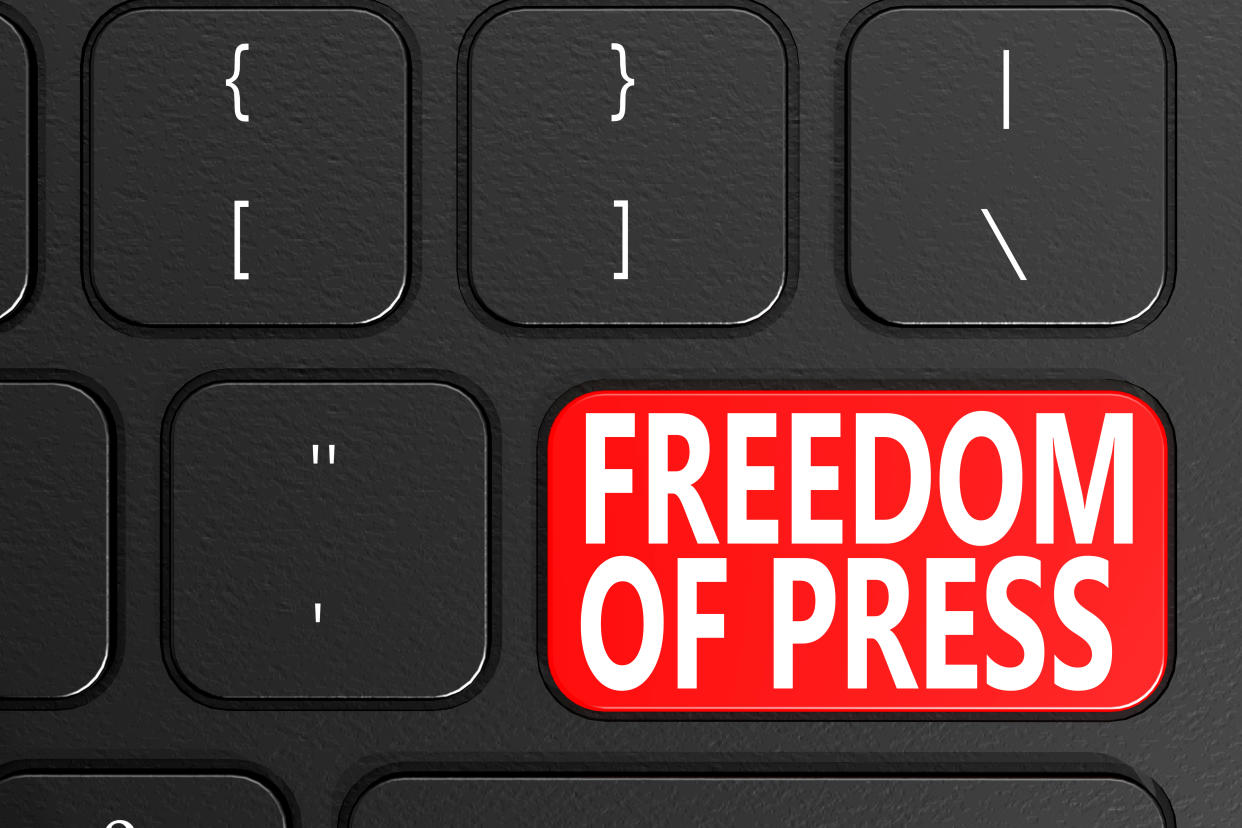Singapore ranks 151st in 2019 World Press Freedom Index, unchanged since 2017

SINGAPORE — Singapore was ranked 151st in the latest Reporters Without Borders (RSF) press freedom index released on Thursday (18 April), a position it has held since 2017.
The Republic’s position was below its Asian peers including Malaysia (123rd), Myanmar (138th), Hong Kong (73rd), Japan (67th), and Taiwan (42nd) in the RSF’s 2019 World Press Freedom Index. South Korea ranked the highest in the region at 41st.
The Paris-based media watchdog has been ranking a total of 180 countries and territories for the index annually since 2002.
“Under China’s growing influence, censorship is spreading to Singapore and Cambodia,” said the report. Singapore’s ranking has seen a steady decline since 2009, when it placed 133rd.
The RSF ranking comes as human rights groups, technology giants and media practitioners strongly criticised the proposed Protection from Online Falsehoods and Manipulation Act (POFMA), tabled in Parliament on 1 April.
Some criticised that the fake news law will infringe on freedom of speech and media freedom in Singapore, which already has stern laws to curb public protest and dissent.
Those convicted of violating the fake news law could face a fine of up to $1 million or be jailed up to 10 years or both, according to the proposed bill.
The RSF had earlier described the proposed bill as an “Orwellian law”, which “establishes nothing less than a ‘ministry of truth’”.
“It is not up to the government to arbitrarily determine what is and is not true,” said the head of the RSF’s Asia-Pacific desk Daniel Bastard in an 8 April press release. “We condemn this bill in the strongest possible terms because, in both form and substance, it poses unacceptable obstacles to the free flow of journalistically verified information.”
Singapore criticised RSF’s comments on fake news law
Prime Minister Lee Hsien Loong said the POFMA will be a significant step forward for Singapore during a joint press conference with his Malaysian counterpart Mahathir Mohamad in Putrajaya on 9 April.
“I’m not surprised that Reporters Without Borders criticises it, it criticised many things about Singapore’s media management. But what we have done has worked for Singapore and it’s our objective to continue to do things which will work for Singapore,” said Lee, in response to the RSF’s comments.
In an interview with Bloomberg Television on Monday, Minister for Communications and Information S Iswaran said that the law will likely come into effect in the second half of this year.
The press freedom index is determined by pooling the responses of experts to a questionnaire devised by the RSF, according to its website. This is then assessed together with the quantitative analysis of data on abuse and acts of violence against journalists during the period of assessment.
The criteria evaluated in the questionnaire are pluralism, media independence, media environment and self-censorship, legislative framework, transparency, and the quality of related infrastructure.
More Singapore stories:
Singapore media practitioners voice concerns over proposed fake news law
Virtually anything can be deemed ‘misleading’ under fake news law: historian Thum Ping Tjin
COMMENT – Fake news bill: Time for lawyers, MPs to stand up and be counted
Fake news bill: Media professionals favour fact-checking body, divided on its role



